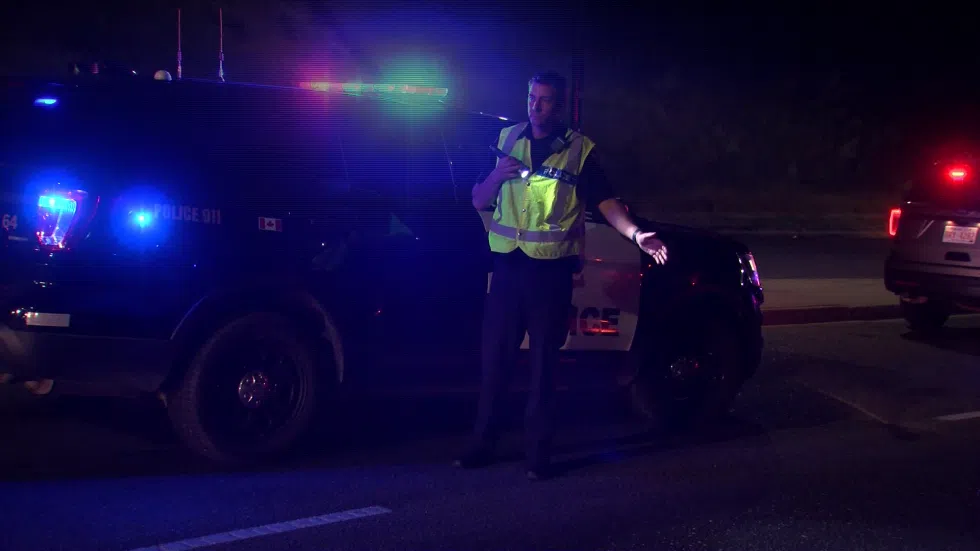
Medicine Hat Police choosing to wait on roadside cannabis testing device
MEDICINE HAT, AB – While the City of Medicine Hat looks at rules surrounding cannabis use ahead of legalization, it’s the Medicine Hat Police Service that will be tasked with enforcing the laws.
This includes monitoring roadways, as police will be looking for more drivers who may be under the influence of marijuana.
It’s a new era in terms of policing and according to Insp. Joe West, they’re preparing for a potential increase in the number of motorists driving high.
